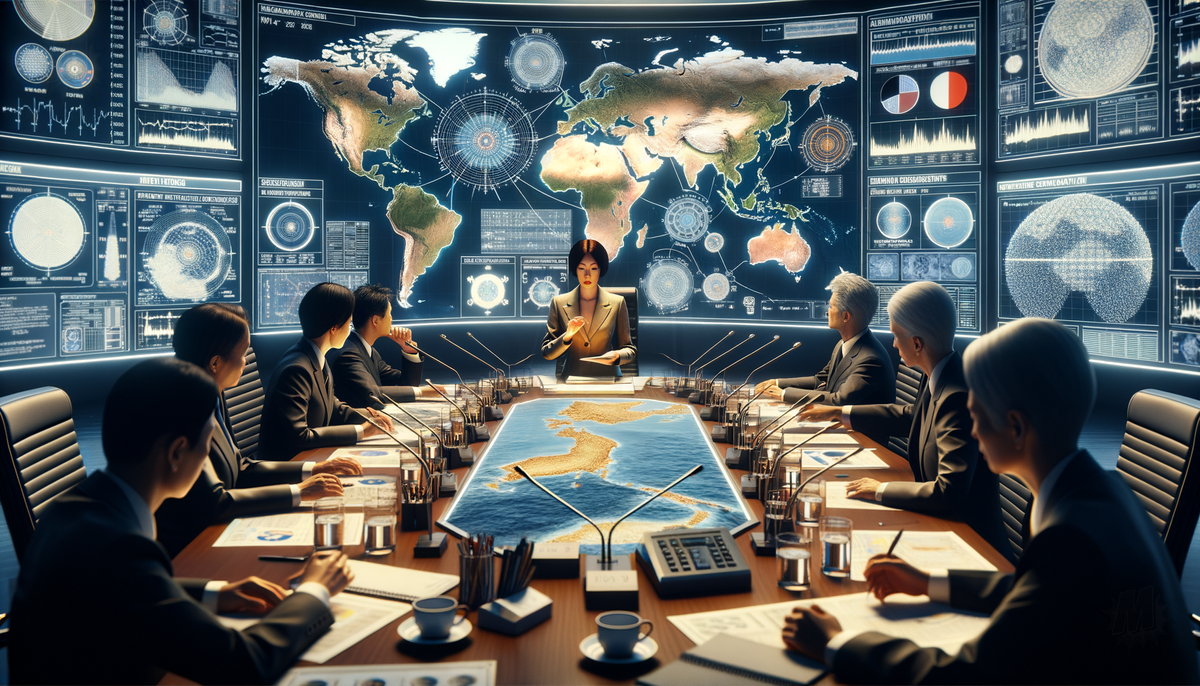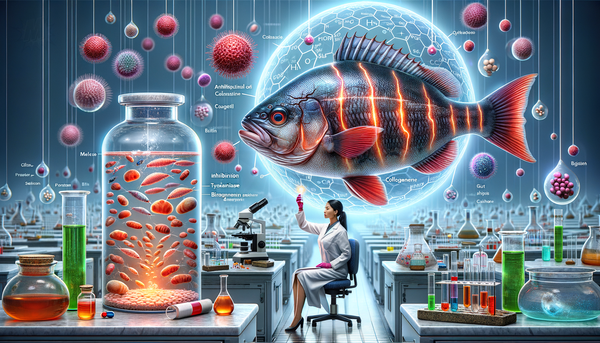Japan, China Hold Talks on Fukushima Water Release

Japanese and Chinese officials have engaged in an "expert dialogue" regarding Japan's decision to release treated radioactive wastewater from the Fukushima Daiichi nuclear power plant into the ocean. The meeting, which included representatives from Japan's Foreign Ministry, the Ministry of Economy, Trade and Industry, the Nuclear Regulation Authority, and Tokyo Electric Power Company Holdings Inc., marks the first time the two nations have officially discussed the matter. Japan has maintained that the release is safe, citing detailed radiation monitoring efforts and backing from the UN atomic agency.
The discussions took place against a backdrop of tension, as China has imposed an import ban on Japanese seafood in response to the discharges, which began in August of the previous year. China has accused Japan of using the sea as a "sewer," signaling its concerns over the potential environmental impact and food safety risks. This diplomatic engagement comes after a previous meeting between Japanese Prime Minister Fumio Kishida and Chinese President Xi Jinping, where Kishida sought an "objective judgment" on the safety of Japan's seafood and where both leaders agreed to initiate science-based discussions at the expert level.
In 2011, the Fukushima plant was the site of a major nuclear accident caused by an earthquake and tsunami. Since then, Japan has accumulated 1.34 million tons of wastewater, which was initially used to cool the reactors. The plant operator, TEPCO, has faced challenges managing this water, including a recent leak of 5.5 tons of water containing radioactive substances. Despite these incidents, Japan continues to assert that the treated water meets safety standards for release, while China remains skeptical and has taken protective measures against potential contamination.




